Healthy eating has gone beyond counting calories or chasing the latest diet trend. Today, more people are making conscious decisions about what they eat—not just for their own well-being, but for the planet’s too. Whether it’s choosing fresh, whole ingredients over processed snacks or cutting down on food waste, the way we think about meals is evolving. And it’s not just about kale smoothies or cutting carbs—it’s about building a more balanced, sustainable, and enjoyable relationship with food.
The EAT-Lancet Commission even highlights how dietary shifts can support both human health and planetary boundaries. From growing interest in seasonal produce to the surge in home cooking, this shift reflects a broader awareness of how food affects not just our bodies, but our communities and ecosystems. At the same time, chronic diseases like heart disease and diabetes are rising—many of which are influenced by poor diets. Ready to rethink your plate?
Why Smarter Food Choices Matter
Our food system is deeply connected to global challenges—from climate change to public health. Making even small changes in the way we eat—like choosing more whole foods, reducing food waste, or buying local—can add up. According to the UN, nearly one-third of all food produced globally is wasted, contributing significantly to greenhouse gas emissions.
Food is personal, but it’s also global. What we eat shapes more than just our health—it shapes our future.
Dr. Mia Jensen, Public Health Researcher
The good news? We have more power than we think. Building a healthier plate doesn’t mean sacrificing enjoyment. It’s about being mindful—choosing variety, balance, and ingredients that nourish without overcomplicating things. Want to start eating smarter without overhauling your entire lifestyle?
Simple Shifts That Make a Big Difference
- Cook at home more often – You control the ingredients, portions, and freshness. Prioritize whole ingredients – Think veggies, grains, fruits, nuts, and legumes.
- Limit ultra-processed foods – If it has 20+ ingredients you can’t pronounce, maybe skip it.
- Buy in-season and local when you can – It’s fresher.
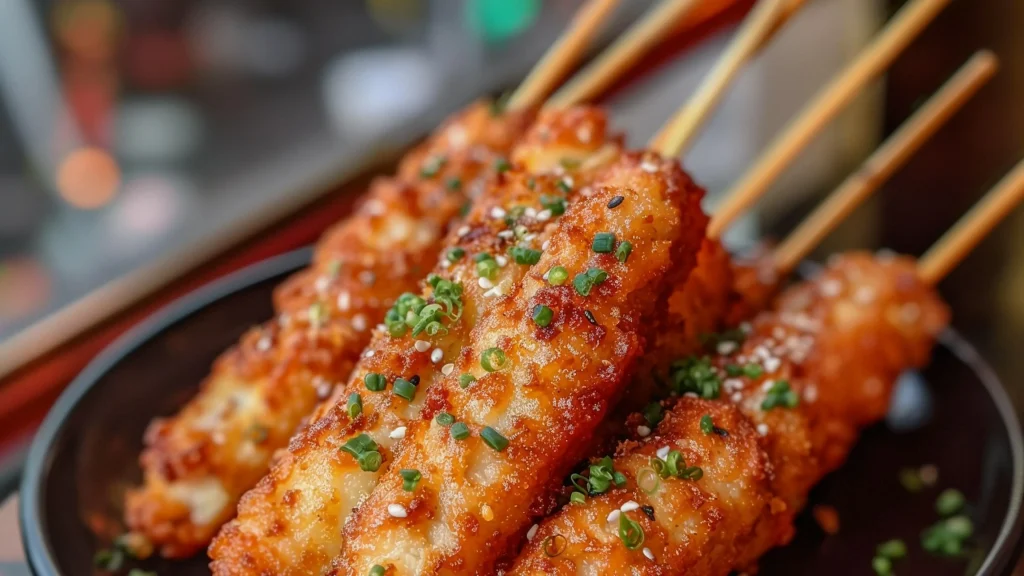
Food is more than fuel. It’s culture, comfort, and connection. As people become more aware of the environmental and social impact of their choices, the future of food is starting to look a lot more thoughtful. That doesn’t mean boring—it means innovation, creativity, and rediscovery of real ingredients. Chefs are reimagining everyday staples with fewer additives and more flavor. Home cooks are experimenting with everything from air-fried veggies to global spices.
Grocery stores are stocking up on healthier options, and apps are making it easier to reduce waste by sharing leftovers or finding deals on “imperfect” produce. What ties it all together is a simple idea: Eating better doesn’t have to be complicated. It’s about progress, not perfection. Whether you’re trying to improve your health, support local farmers, or simply cook more meals from scratch, you’re part of a growing movement that sees food as something powerful—something that can do good while tasting good.


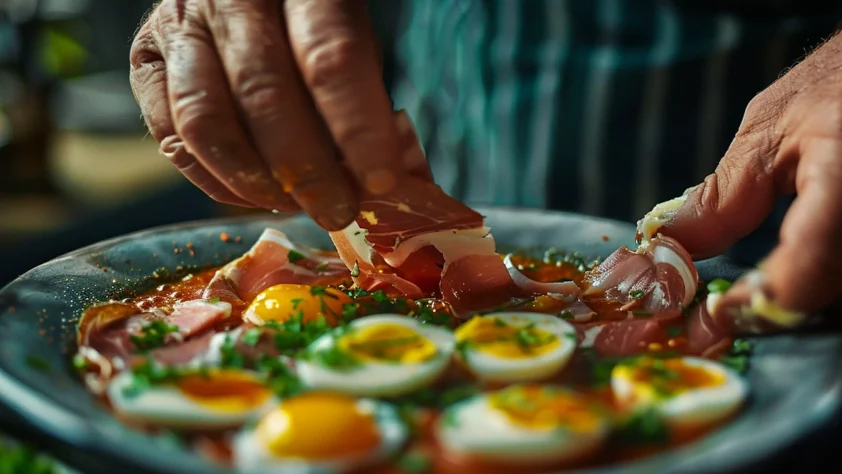
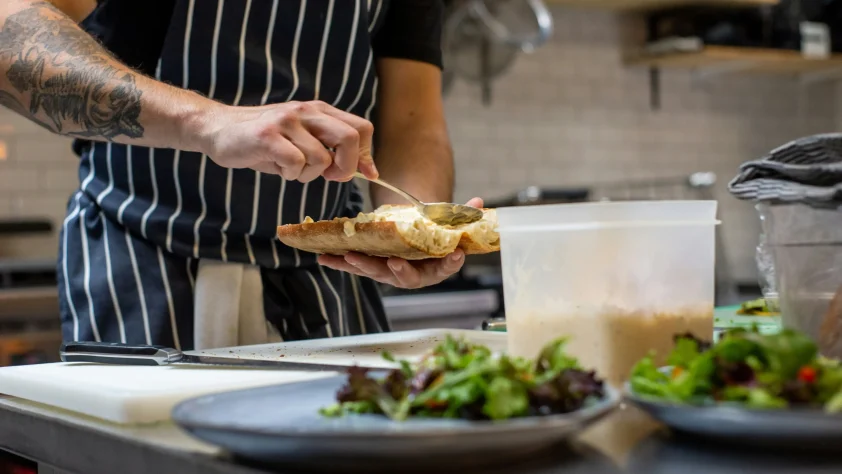


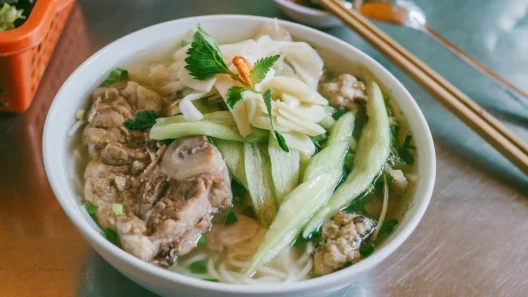
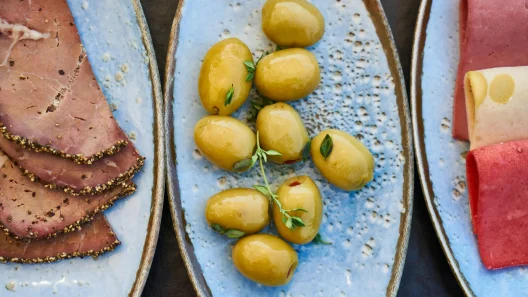
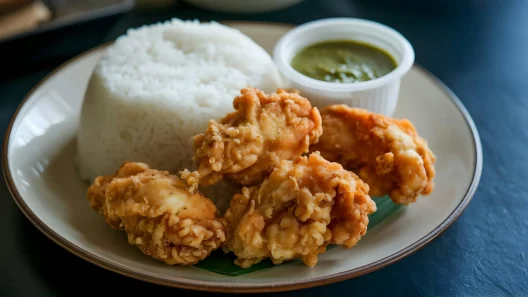
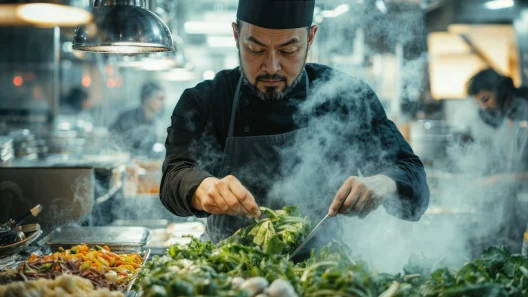
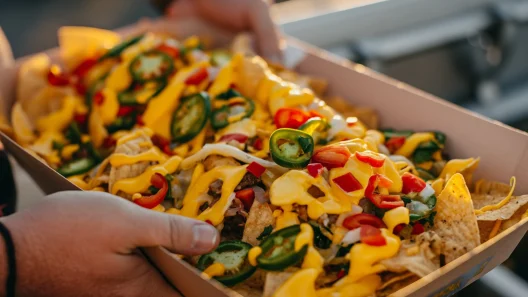
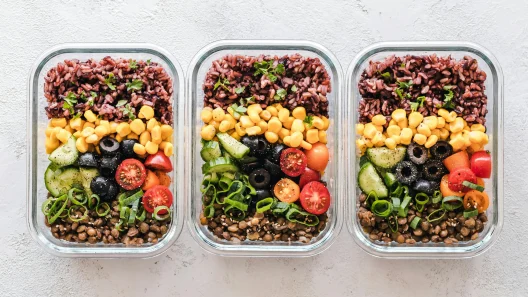
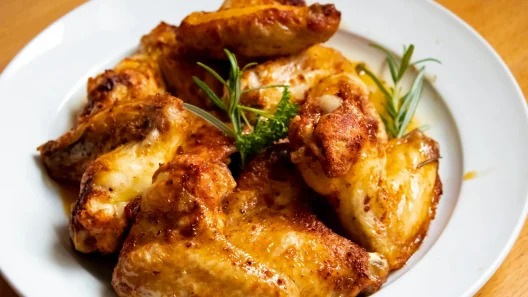
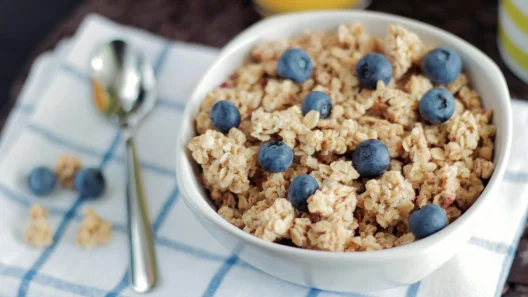

Incredibly well-written and useful. I’ll be sharing this with others.
I love how detailed and well-researched your posts are.
You never disappoint! Another excellent read.
Thanks for being such a supportive reader—glad you liked it!